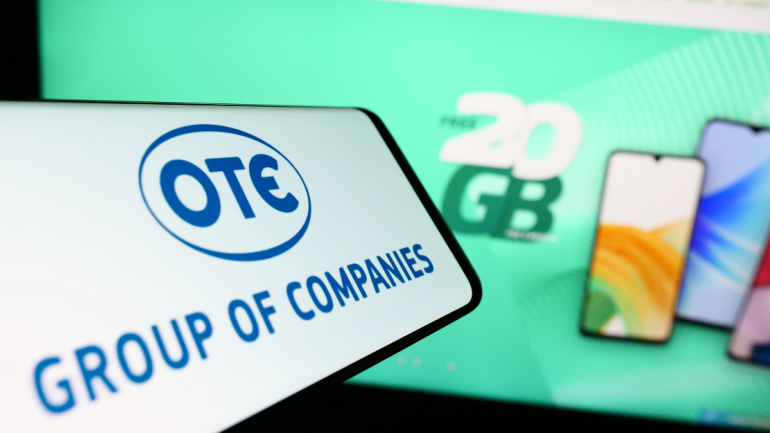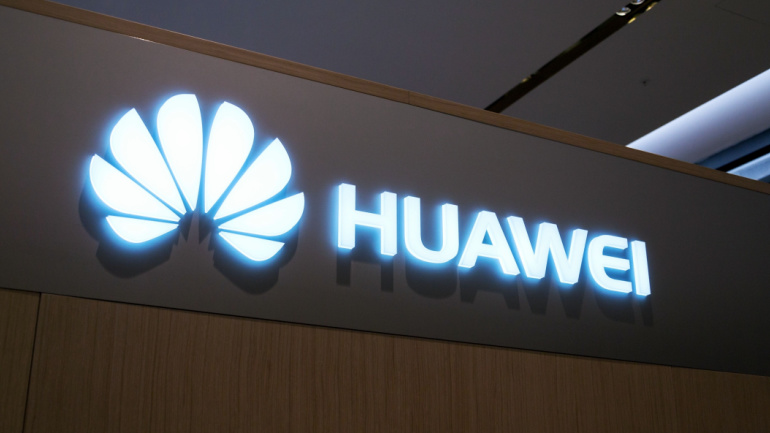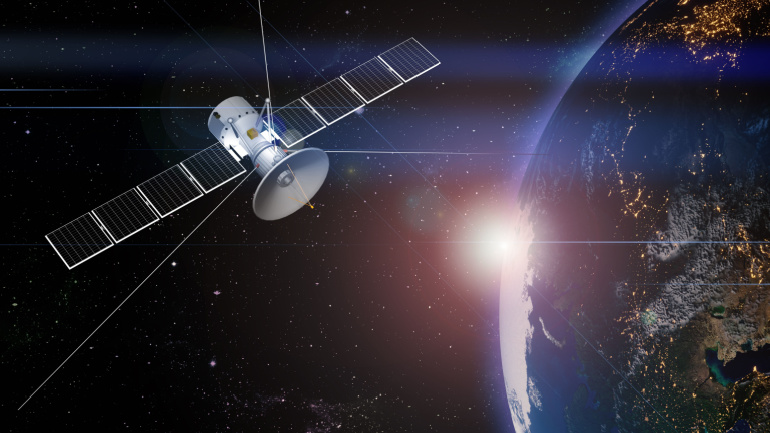Greek telecommunications heavyweight OTE appears to be changing course, with whispers abuzz of pivotal shifts in its future business plans. The rumored centerpiece is the potential sale of its Romanian mobile operations, Telekom Romania Mobile, to Quantum Projects Group. This points towards a strategic refocusing on OTE’s extensive Greek operations, signaling a departure from the international stage.
Artificial intelligence pioneer, OpenAI has reversed its decision to dismiss its CEO, amidst signals of internal unrest and potential alliance with Microsoft. While OpenAI’s reinstatement of Sam Altman hints at a desire for stability, speculation abounds around Microsoft’s role and possible influence over OpenAI’s trajectory.
Global mobile core network market’s slowest quarterly growth since 2017, according to Dell’Oro, is attributed to tough political and economic conditions and slower 5G network rollouts. Distinctively unstable trends mark the sector, with Huawei holding the lead in provider rankings for Q3.
In a strategic move to meet the escalating demands of the 5G era and burgeoning broadband connectivity in India, Nokia has joined forces with Bharti Airtel for a significant overhaul of the optical network infrastructure. The project aims to deliver ‘massive capacity,’ enhanced reliability, and cost efficiency for enterprises, operators, and hyperscalers in the region.
5G technology is quickly escalating into an exciting, innovative space, largely due to a process called network slicing. This technique enables a vast number of dynamic network slices, each with unique attributes defined by its user. Despite being in the primary stages, an array of business opportunities are on the horizon like gaming, vehicle-to-everything (V2X), IoT, and mobile edge computing, as the technology advances. Critical remote services, such as remote robotic surgeries requiring ultra-reliability over latency, become possible with robust and reliable 5G slices.
The online retailer, musicMagpie, recently confirmed preliminary dialogue with telecom giant BT and investment firm Aurelius, creating ripples in the wireless tech marketplace. While BT harbors plans to extend its EE customer division’s footprint in the pre-owned smartphone market, musicMagpie’s potential sale throws a thrilling spin to proceedings. It’s a pivotal situation in a rapidly evolving telecommunications world, requiring stakeholders to recalibrate their strategies to mirror the dynamic customer needs. Meanwhile, noteworthy events unfold elsewhere in the sector, promising fascinating updates.
The 2023 Asian Games offered a glimpse into the future of event tech, from eSports to AI-driven systems. Among the innovations, a standout was ‘RADICAL’, an intelligent digital solution by Huawei and China Mobile Zhejiang, designed to manage intense 5G traffic, ensuring an exceptional experience for attendees.
In the dynamic realm of modern business, meeting customer expectations is a challenge. Unified Communications (UC) addresses this by integrating diverse communication tools into a cohesive platform. This article explores UC’s benefits, such as omnichannel experiences, personalized interactions, real-time responsiveness, enhanced collaboration, employee mobility, seamless integration with applications, and leveraging data analytics for continuous improvement. UC transforms the customer journey, fostering satisfaction, loyalty, and long-term success in the competitive business landscape.
In the ongoing debate over Big Tech’s ‘fair share’ contribution to telecom infrastructures, new findings from the Belgian Institute for Postal Services and Telecommunications call into question the validity of the argument. BIPT concludes attributing Big Tech solely for data streams might be over simplistic, citing investments made by Content Application Providers in broader infrastructures. The study raises important concerns about the potential negative impact for end-users, small local CAPs, and the principle of net neutrality.
The Global Satellite Operators Association (GSOA) is enforcing a behavior code for satellite operators, addressing the pressing issue of space debris caused by escalating satellite broadband services. The industry aims to advance its responsibility through shared best practices to preserve space access. This action, however, fuels debate over unendorsed practices, potential impacts on astronomy, and the proposed spectrum restraint at the upcoming World Radiocommunication Conference.













